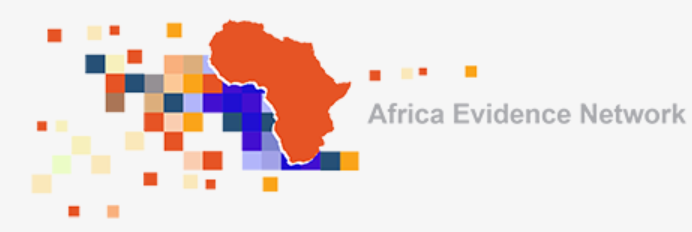
(The Information and Communication Technologies in Education group grapples with issues in their field-with facilitator Dr Batchelor from the University of Johannesburg)
There is no magic or silver bullet to encourage government departments to increase their use of evidence in decision-making, whether working internally or externally to government.
This is the main story line that has emerged from a workshop that the UJ-BCURE programme hosted in August 2015 in Pretoria. The workshop addressed the issue of ‘barriers to the use of evidence in decision-making’ in government. The workshop was attended by members of various government departments (basic education, science and technology, water and sanitation etc.) as well as a smaller group of researchers based at government-funded research organisations (such as the Human Science Research Council). A senior academic who does research contract work with the government (Professor Brahm Fleisch, University of the Witwatersrand) and a senior government official in the President’s Office (Ms Harsha Dayal-Director, Research) provided short and powerful presentations highlighting the perspectives of the research and government sectors respectively.
Our programme for the day was multi-faceted in that we accommodated externally-solicited inputs first, after which we hosted smaller, more intimate roundtable discussions where officials were able to share some of their practical challenges in using evidence for decision-making. Experts in three areas (Monitoring and Evaluation, Information and Communication Technologies in Education, and Organisational Development) were used as soundboards to provide immediate feedback to the officials. The present blog reflects and summarises the key threads of the externally-solicited inputs, but a follow-up blog will address the practical challenges that were raised by officials. This is consistent with our aim to put officials and their capacity development needs at the centre of our programmatic interventions.
While the workshop was unable to provide a single compelling reason for the slow uptake of research evidence in decision-making, a number of interesting, contributing factors were mentioned by researchers and government officials alike. One, there does appear to be a general paucity of high quality research evidence that links directly to the policy problems that government addresses. We got to learn that not everything that counts as research is intended to produce ‘evidence’ that can be used in decision-making in government. The research community that does produce evidence represents a tiny fraction of the larger research community and this substantially narrows the supply of evidence to departments in government.
Two, while the South African constitutional framework is admired globally, we are less clear about how our intergovernmental architecture supports the development of a robust evidence-informed bureaucracy. National departments find it cumbersome to extract information from sub-national governments that can be regarded as reliable and credible data. This produces two undesirable consequences, namely large time investments in collecting the data, and uncertainty about the overall value of the data/evidence in the decision-making process in government.
Three, South Africa is making clear strides in developing a strong Monitoring and Evaluation (M&E) culture, especially after the establishment of the Department of Planning, Monitoring and Evaluation (DPME) in the President’s Office. However, in order for this process to be sustainable and irreversible, these transversal institutions have to undergo a slow, but careful process of embedding their ideas and orientating philosophies in sector departments. It is important that this process not be rushed and that evidence gains are integrated in the way sector departments operate.
Four, reflections at this workshop increasingly point to the need for sector legislation to define data standards, procedures for collecting, aggregating and interpreting data and for the role of stakeholders in the data collection process to be more clearly defined. In other words, there is a need to develop data protocols with clear accountability roles and standards. There are sectors that have developed these protocols and it would be helpful to encourage direct sharing and learning among government departments.
Five, a common theme across our recent workshops has been that government needs to boost staff capacity in the area of finding and searching for relevant research evidence. Presently, those who have to perform such functions may be ill-equipped for what is essentially a specialist information management function. There is evidence that some departments are beginning to fill such positions and this is surely a development that must be encouraged.
Workshop attendees felt that, given the array of problems facing government departments, it would be imperative to encourage local learning and sharing. An idea that found great support among the participants was the idea of information clinics-these are platforms where a department or sector shares how it has navigated the complex terrain of data collection and data quality in our intergovernmental system of governance. Participants also felt, that in order to get a better handle on the use of evidence in decision-making, we need to explore the path along which evidence travels from the production phase to actually being used in decisions in government. The mooted case studies may begin to shed light on these important matters.
The South African government has succeeded in promoting awareness around the need to use evidence for decision-making. Our latest intervention is a joint effort between represented government departments and our programme to take that extra step and deliver policy-making processes that are rational and sustainable.